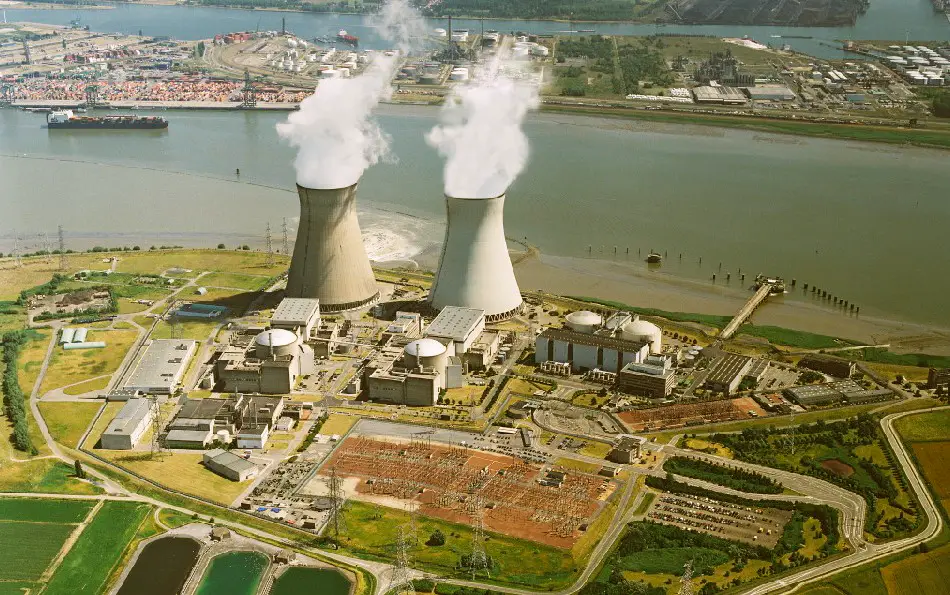
Thermal energy, or energy derived from heat, is a valuable form of energy that can be harnessed in a variety of ways to generate significant benefits.
Both renewable and non-renewable sources offer opportunities to take advantage of thermal energy, and in this article we will explain the different ways to do so.
Thermal solar energy
 The capture and use of solar radiation to generate heat is one of the most common ways to harness thermal energy. Solar thermal energy systems use solar collectors to absorb sunlight and convert it into heat, which is then used to heat water or thermal fluids.
The capture and use of solar radiation to generate heat is one of the most common ways to harness thermal energy. Solar thermal energy systems use solar collectors to absorb sunlight and convert it into heat, which is then used to heat water or thermal fluids.
This heat can be used for heating buildings, generating electricity through steam turbines, or even for industrial processes.
Benefits
-
Sustainability: Solar energy is a renewable and inexhaustible source, which makes it a sustainable and environmentally friendly option.
-
Reduction of emissions: By depending less on non-renewable energy sources, greenhouse gas emissions are reduced and contributes to the mitigation of climate change.
Geothermal energy
Geothermal energy harnesses the heat stored inside the Earth to generate electricity or provide heating.
Geothermal systems can be low or high temperature, and are used in various applications, such as electricity production, district heating, and agriculture.
Benefits
-
Constant availability: Unlike some renewable sources, geothermal energy is available 24/7, making it a constant source of energy.
-
Low emissions: Geothermal energy generation emits fewer greenhouse gases compared to fossil fuels, contributing to the reduction of the carbon footprint.
Biomass energy
Biomass is another source of thermal energy that involves burning organic materials, such as wood, agricultural waste or municipal solid waste, to generate heat.
This heat can be used for direct heating or to generate electricity through steam production.
Benefits
-
Renewable: Biomass is a renewable source of energy, as crops and organic waste can be grown and collected sustainably.
-
Waste utilization: The use of organic waste to generate energy helps reduce the accumulation of waste and promotes more sustainable practices.
Thermal energy from fossil fuels
 Although fossil fuels are a non-renewable source, the thermal energy derived from them remains a vital component in the global energy matrix.
Although fossil fuels are a non-renewable source, the thermal energy derived from them remains a vital component in the global energy matrix.
The burning of coal, natural gas and oil to generate heat is used in the production of electricity, heating and industrial processes.
Benefits
-
High energy density: Fossil fuels have high energy density, meaning they can generate large amounts of heat with relatively little fuel.
-
Existing infrastructure: Many facilities are already equipped to use fossil fuels, facilitating the transition and rapid implementation of projects.
Solar thermal energy
Solar thermal energy uses mirrors or lenses to concentrate solar radiation at a focal point, generating high temperatures. This concentrated heat is used to produce steam and generate electricity through a turbine.
Benefits
-
Thermal storage: Many solar thermal systems can integrate thermal storage systems, allowing the generation of electricity even in the absence of direct sunlight.
-
Electricity generation efficiency: Concentrating heat at a focal point improves electricity generation efficiency compared to solar photovoltaic energy.
Nuclear energy
 Nuclear energy is a form of thermal energy derived from nuclear fission, where the nuclei of atoms split, releasing a large amount of energy in the form of heat.
Nuclear energy is a form of thermal energy derived from nuclear fission, where the nuclei of atoms split, releasing a large amount of energy in the form of heat.
This heat is used to produce steam that drives electricity-generating turbines in nuclear plants.
Benefits
-
High energy efficiency: Nuclear energy has a high energy density and can generate large amounts of electricity with a small amount of nuclear fuel.
-
Low direct emissions: In terms of greenhouse gas emissions during operation, nuclear energy emits fewer polluting gases than fossil fuels, contributing to the mitigation of climate change.
-
Constant supply: Nuclear plants can operate continuously, providing a constant source of electricity regardless of weather conditions.